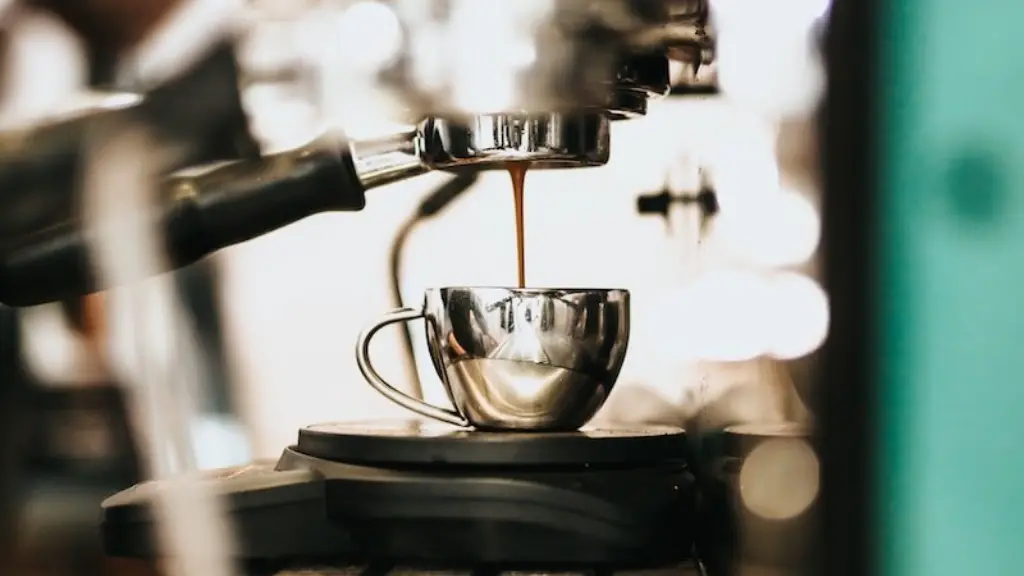Can I Drink Coffee Before My Blood Test?
You should know that caffeine can affect your blood test results, and if you are planning to take a blood test, it’s important to consider not drinking coffee beforehand. Caffeine can interfere with some blood tests, especially those to measure different hormones, as well as tests for glucose, cholesterol, and iron levels.
When you ingest caffeine, it stimulates the central nervous system, increases your heart rate, and raises your blood pressure. It also has the potential to increase certain types of hormones that can affect your blood test results. Caffeine has also been linked to affecting triglycerides and cholesterol levels in the blood.
In most cases, it is recommended that you avoid drinking coffee for at least 12 hours before a blood test, as the effects of caffeine will still be in your system. This includes other caffeinated beverages, such as tea, energy drinks, and soda. It is possible to drink decaffeinated coffee, but still, it is best to avoid consuming caffeine shortly before a blood test.
If you are unsure whether caffeine affects your blood test, talk to your doctor. Your doctor may be able to advise you on how long you should avoid caffeine before your particular blood test.
How Caffeine Affects Blood Tests
The effects of caffeine on blood tests are different for each individual, as people have varying sensitivity levels to caffeine. Some of the blood tests that can be affected by caffeine include those to measure different hormones, such as testosterone and cortisol.
Caffeine can also affect the results of blood tests for glucose, cholesterol, and iron levels as caffeine can cause fluctuations in these levels. In addition, caffeine consumption can affect triglyceride levels, which can have an impact on your cholesterol levels.
Caffeine can also interfere with certain other tests, such as a complete blood count (CBC), a liver function test, and a urine analysis. These tests measure different elements in your blood and urine and can provide important information about the functioning of your body.
It is important to remember that the effects of caffeine will vary from person to person, depending on their sensitivity to caffeine and how much they have previously consumed.
Caffeine and Cholesterol Levels
Caffeine can affect cholesterol levels in your blood. Recent studies have shown that regular caffeine consumption can increase ‘bad’ LDL cholesterol levels. This type of cholesterol can have the potential to put you at risk of heart disease.
Caffeine can also affect triglycerides, which are fats in the blood. Triglycerides are associated with the risk of heart disease, and research has shown that regular caffeine consumption can increase the levels of triglycerides.
When your body breaks down the caffeine, it can change the levels of cholesterol and triglycerides in the blood, which can affect your blood test results. Therefore, if you are planning to have a cholesterol or triglyceride test, it is wise to avoid drinking coffee beforehand.
Tips to Reduce Caffeine Intake Before a Blood Test
If you are preparing for a blood test and want to reduce your caffeine intake, there are several tips that can help. Firstly, you should avoid drinking caffeinated beverages for at least 12 hours before the test. This includes coffee, tea, energy drinks, and soda.
Try drinking decaffeinated beverages instead, as these will still provide you with the taste and sensation of drinking coffee without the negative effects of caffeine on your blood test results. You can also switch to a herbal tea, or add a splash of your favorite juice or milk.
If you want a hot drink, you can opt for decaffeinated coffee, or even consider drinking a warm cup of hot chocolate. This can be a great alternative if you are trying to reduce your caffeine intake before a blood test.
You should also avoid eating any food or snacks that contain caffeine, such as chocolate or caffeine tablets. Also, make sure to read food labels to check for added caffeine.
Caffeine and Blood Tests in Women
Women should take extra care when it comes to caffeine and blood tests. Women are more sensitive to the effects of caffeine and research has shown that it can have an impact on certain hormone levels, including cortisol, progesterone, and estrogen.
Caffeine can also have an impact on certain tests that are used to measure fertility in women. Therefore, it is advisable for women to avoid consuming caffeine for at least 24 hours before the test, as the effects of caffeine can still be in your system.
Women who are taking regular hormones as part of their treatment should also avoid drinking caffeine before a blood test. Caffeine can reduce the effects of certain hormones and interfere with the results of your blood test.
Conclusion
Caffeine can interfere with some blood tests, and it is important to consider not drinking coffee before a blood test. Caffeine can affect different hormone levels, as well as cholesterol and triglyceride levels. Women, they should be extra careful when it comes to caffeine and blood tests, as they are more sensitive to the effects of caffeine. In general, it is recommended to avoid caffeine for at least 12 hours before a blood test. For certain tests, such as those to measure fertility, it is best to avoid caffeine for at least 24 hours.




